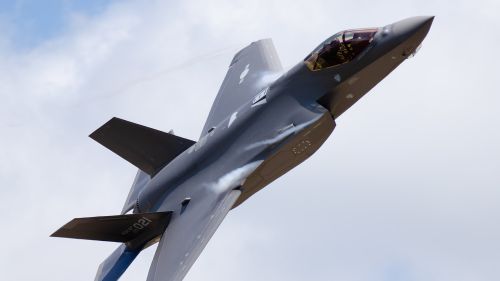Diplomacy in the Air on Korean Peninsula

Recent summits between Korean and American leaders may determine whether diplomacy or military confrontation will prevail in engaging North Korea.
Diplomacy is in the air on the Korean Peninsula. On April 27, South Korea’s Moon Jae-in will meet North Korea’s Kim Jong Un, and then roughly one month later Donald Trump is slated to meet Kim at a location to be determined. These summits have largely been welcomed as either the beginning of more serious negotiations or at least a brief reprieve from the tensions that defined late 2017. But there are concerns that a failure in diplomacy could leave military conflict as the last option. That is an outcome that would be disastrous for South Koreans and is opposed by a majority of Americans in most polls.
Key Findings
In South Korea, there is high approval of the upcoming summits. A Hankook Research poll conducted from March 26-27, 2018 finds that 86 percent favor the upcoming Moon-Kim summit and 86 percent also favor the Trump-Kim summit.
Despite this support, doubts persist about North Korea’s true intentions. Seven in ten (70%) South Koreans say that North Korea is unwilling to give up its nuclear weapons and missiles. Perhaps because of this, there is little appetite in South Korea for a unilateral rollback of sanctions placed on North Korea. Nearly two-thirds (64%) want to maintain sanctions until progress is made. Just 30 percent think that easing sanctions should take place as an inducement.
These numbers help to frame President Moon’s pragmatic approach to North Korea. While pushing for engagement with North Korea, he has not called for concessions. Instead, he seems to be reading the public mood—a public that wants talks but not at the cost of another round of giveaways to North Korea. In taking this approach, his approval rates continue to hover around 70 percent.
In the unlikely event that North Korea gives up its weapons, what would become of US forces currently stationed in South Korea is an open question. But the South Korean public is clear on its preference—69 percent say that US forces should remain on the Korean Peninsula with just 27 percent saying US forces should leave.
Meanwhile, opinion in the United States on North Korea remains mostly opposed to military strikes against North Korea, but at least one poll has found support. In a Quinnipiac poll in January 2018, a majority (53%) say it is more important to avoid war with North Korea as opposed to 38 percent who say it is more important to take away North Korea’s nuclear weapons. In a poll by the same firm in October 2017, just 26 percent supported a preemptive strike against North Korea, with 62 percent opposed. An ABC poll from September 2017 found 67 percent said the US should only attack North Korea if it attacks American or its allies versus 23 percent that said the US should strike first. But from that same month, a CBS poll found a majority (58%) approve of military action against North Korea if diplomacy does not work.
The upcoming summits will be critical in determining how the situation on the Korean Peninsula develops moving forward. But in both South Korea and the United States there is hope that military confrontation can be avoided.

